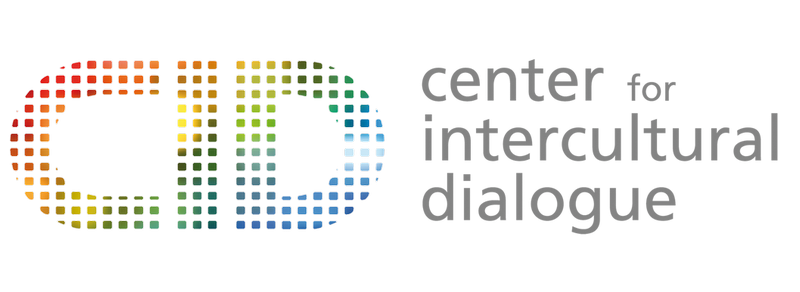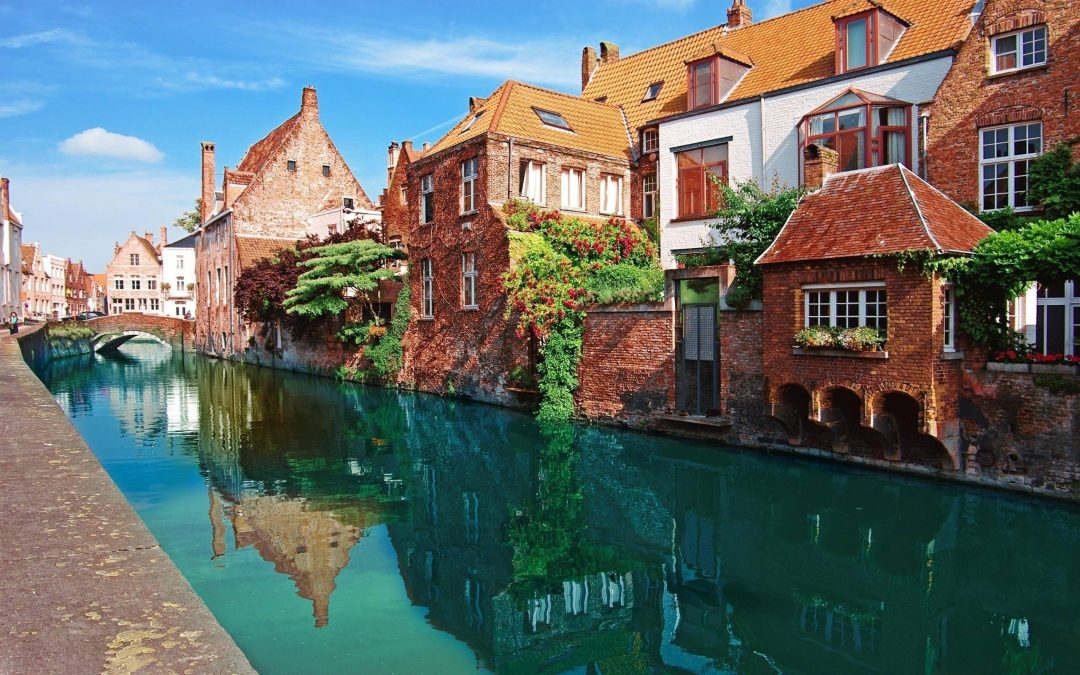Activity 1:
Training Course in Ommen, the Netherlands
12th – 19th August 2017
Activity 2:
Capacity Building Training in Yerevan, Armenia
6th – 14th October 2017
Application deadline: 16th July 2017
ABOUT THE PROJECT
Development and prosperity of any society depends on the involvement and participation of individuals. Thus, every individual should have the same rights, opportunities and spaces to get involved and to be heard. This should in line with equality of chances for articulation and involvement. However, everywhere in Europe we face scarcity of these conditions. There are many studies showing how diversity affects any team, society or a country in different constellations and contexts. Some studies, for example, show that diversity is beneficial and leads to greater creativity and innovation. Others, however, show that it is not easy to manage diversity and it often leads to conflicts. Compared to more homogeneous groups, heterogeneous groups can achieve greater successes in terms of creative tasks and have a potential to perform better than homogeneous ones. However, diverse groups tend to face more conflicts and confrontations.
So, how to approach diversity? We believe diversity is good and beneficial when it is managed properly. It is not enough to collect diverse groups of people to achieve success. Though diversity can be managed through different quota regulations, laws and codes of conducts, those can never work if the habits and educational models reproduce stigma and prejudices. This is why we have developed this Long Term Training Course (LTTC) in order to support youth workers, educators and youth trainers to develop their diversity management skills and learn how to implement a culture of diversity in their working environment. We would like to incorporate diversity-awareness and behavior in our work, making sure it exists both in our trainings, projects and initiatives on diversity and in any other project not directly related to the topic.
There is a strong need of change-makers and youth work specifically who can professionally work against structural discrimination and under-representation of marginalized groups. There is a need of educators and youth workers who can foster participation of marginalized youth and support them to develop their capacities for engagement. Marginalization, lack of participation and discrimination are strongly connected to societal habits and education. This means we have the ability to change them the same way they have been created. Promoting acquisition of skills, knowledge and attitudes regarding diversity and inclusion among youth workers, educators and trainers is essential in order to shape better societies where all individuals have the same rights and same spaces to express themselves.
The LTTC has the following main objectives:
- To empower 26 youth workers, trainers and educators to develop diversity orientation in their work with young people and build their competence in diversity management;
- To support youth workers in incorporation of diversity into their working environment, thus, making their work more inclusive and effective;
- To promote diversity-oriented attitudes and awareness within the European programs in the fields of Education, Training and Youth;
- To introduce key theoretical aspects, the glossary as well as the practical tools, methods and instruments to the youth workers who seek to implement the concept of diversity in their work;
- To discuss how the European Youth Work can reinforce equality and ensure that diverse groups of people get equal treatment during trainings, seminars as well as other formal and non-formal educational settings;
- To strengthen cooperation between 16 organizations based in the EU and non-EU countries in order to exchange methods and develop new projects on diversity and inclusion within the Erasmus+ programme.
In the period between the two trainings participants should implement some local activities which aims:
– To bring young people based in the local communities of the participating countries around the topic of the LTTC and transfer the knowledge gained during the project through a small scale project to the community;
– To encourage marginalized young people affected by the intolerance and discrimination in our local communities to undertake their own initiatives and various steps necessary to manage diversity;
– To practice and try out the methods that have been learned during the project with small groups of young people;
– To increase the awareness and knowledge of local youth on the topics of diversity and inclusion as well as discuss how the lack of participation of marginalized youth impacts their communities
Methodology
A variety of non-formal learning methods and techniques will be applied in order to address the different needs of participants and desired outcomes. Through non formal education methods the participants will get to know each other and will be given a space to exchange experiences and forge new friendships, across any barriers that may exist.
All the topics will be brought to attention using the ‘learning by doing’ methodology, where the participant becomes the protagonist of the learning experience, gets new insights and learning after observing and reflecting over his or hers behavior in different exercises, games, processes and role plays offered by the trainers and gets a possibility to try out new approaches, ways of communicating and actions in a safe environment of a group setting. The participants will acquire the skills and knowledge to transfer the used methods to concerned parties outside of the project.
The trainers and invited experts will share practical and theoretical knowledge on the topics, through plenary sessions, workshops, processes & interactive exercises and other non-formal educational methods. The input and experience exchange of the participants will also be vital part of the program. Through exercises, discussions, presentation of examples of good practices in the field of diversity and inclusion as an enriching concept, we want to encourage peer learning and inspire youth workers to discuss follow-up and take action in their own countries following the project.
PROFILE OF PARTICIPANTS:
- above 18 years old;
- youth workers, youth trainers and facilitators
- ready to work on the topics of diversity, inclusion and antidiscrimination in order to activate the potential of diversity in trainings and work with young people both at National and the European levels
- have a motivation and will to improve their skills in managing diversity and have a feeling that it is relevant and important in their work
- fluent English;
- ready to commit after the end of the project by organizing follow-up activities in their home countries;
- able to attend both project Activities: A1 in the Netherlands and A2 in Armenia;
- willing to share their experience with CID
The preference in the selection process will be given to those youth workers, trainers and educators who have solid experience in non-formal education and want to incorporate diversity dynamics in their trainings and work with young people. They followed one or more trainings for trainers, work in the organizations they represent and are interested in setting up educational activities based on the Long Term Training Course program they will undergo. In the first place they want to go
more in-depth with the subject in a way that fits their educational level and as a second stage they want to transfer the gained knowledge and methods to their communities.
NOTE! Selected participants should attend both trainings in the Netherlands and Armenia as well as commit to implementation of 1 local activity.
ACCOMMODATION and FINANCES:
All costs related to accommodation and food will be covered by the hosting organization.
Travel costs – 85% of all travel costs (door to door, cheapest way) up to 275 EUR for each training will be reimbursed through a bank transfer upon the completion of the entire LTTC and after receiving all relevant receipts, including boarding passes;
The visa costs for Armenia will be reimbursed (6 euros which need to be paid at the border crossing).
Participation fee: 25 EUR
Sending fee: 500 MKD
*Participants with fewer opportunities, social and economic obstacles may be exempted from the participation fee upon request.

